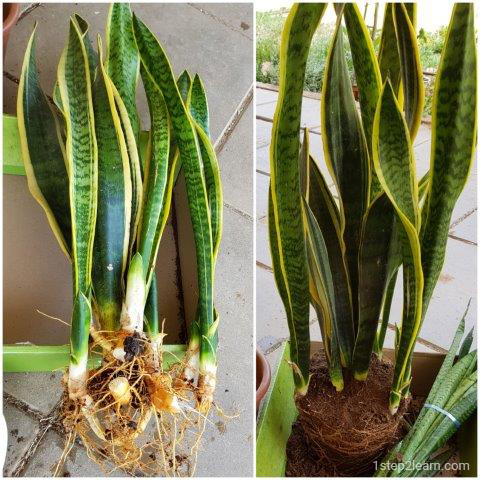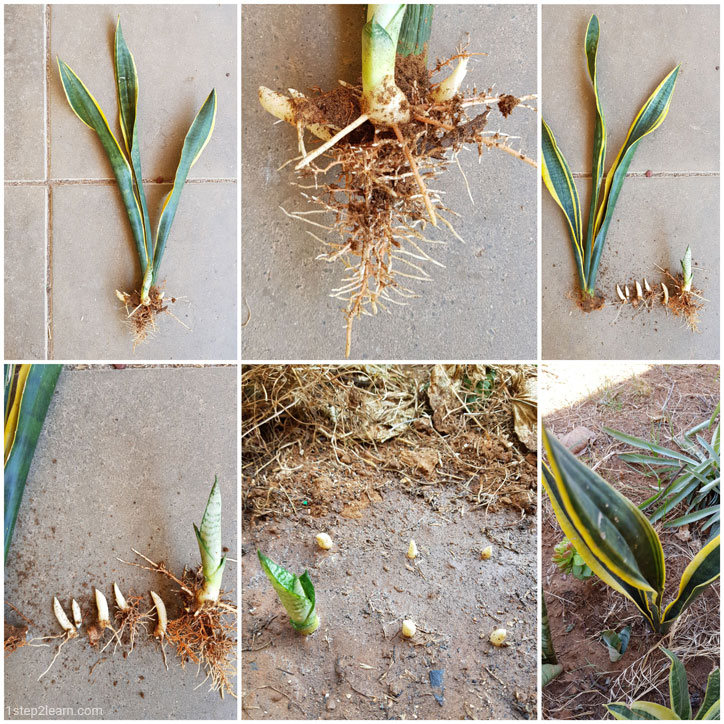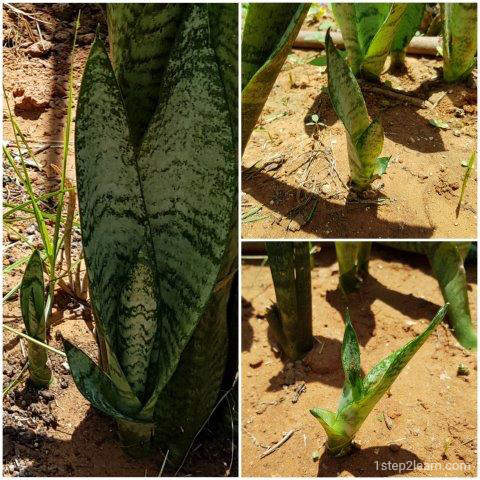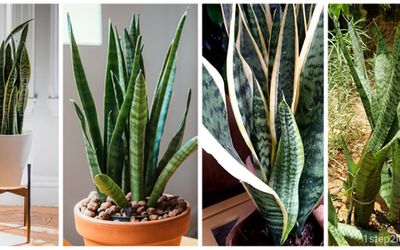Snake Plant - Sansevieria - Everything You Need to Know
Learn all about Snake Plant, including its benefits, care instructions, and tips for propagating this resilient and air-purifying plant.
The Beneficial Snake Plant
The Snake Plant, also known as Sansevieria, is a popular and hardy plant that is well known for its many benefits.
One of the main benefits of the Snake Plant is its ability to improve air quality and reduce air pollution. This is because it is highly effective at removing harmful pollutants from the air, such as benzene, formaldehyde, and trichloroethylene. This makes it a great choice for those who want to improve the air quality in their homes or offices.

Another great thing about the Snake Plant is that it can be grown both indoors and outdoors, making it a versatile choice for a variety of different environments. Additionally, it can be grown in small pots or even in water, which makes it a great option for those who have limited space or who want to create a unique and attractive display.
Finally, the Snake Plant is known for its long life, which means that you can enjoy its beauty and benefits for many years to come. So if you're looking for a plant that is easy to care for, versatile, and provides numerous benefits, the Snake Plant is definitely worth considering!
Purifying the Air: A NASA Study
It's well known that house plants can have a positive impact on our indoor air quality, and a NASA study has confirmed this by identifying the best plants for purifying the air. The Snake Plant, is one of the top plants recommended by the study for its air purifying abilities.

The Snake Plant is highly effective at removing harmful pollutants from the air, such as benzene, formaldehyde, and trichloroethylene. These pollutants are commonly found in household items such as carpeting, furniture, and cleaning products, so it's important to have plants like the Snake Plant in our indoor spaces to help remove them from the air we breathe.
Easy Care: Tips for Thriving
Here are some tips on how to care for your Snake Plant:
-
Light: The Snake Plant is known for being able to survive in a wide range of lighting conditions, so you can place it wherever you are most comfortable. It can tolerate low light levels, but it also does well in bright light.
-
Water: One of the great things about the Snake Plant is that it's very drought-tolerant, so you don't need to water it very often. In fact, it's better to underwater it than overwater it, as too much water can cause the roots to rot. Only water your Snake Plant when the top inch of soil is dry.
-
Pot size: When it comes to pot size, it's best to choose a pot that is as small as possible while still allowing for the plant's growth. This will help prevent overwatering, as the soil will dry out more quickly in a smaller pot. Keep in mind that the height of the plant will also influence the size of the pot you need.
"Plants are like silent sentinels of hope and resilience, reminding us that even in the face of adversity, growth and renewal are always possible."
Propagation
If you already have a Snake Plant and you're looking to increase your collection, or if you just want to share the benefits of this amazing plant with others, propagation is a great option. The Snake Plant is very easy to propagate, and there are several methods you can use. Here are the steps for two of the most common methods:
Root Division: This method involves gently removing the plant from its pot along with the roots. Take care not to pluck the roots, and try to keep as much soil around the roots as possible. Once the plant is out of the pot, you can split it by breaking the thick white root.
This will give you multiple plants, which you can then plant in small pots or in the ground. Over time, these plants will multiply and grow into beautiful specimens.

Leaf Cutting: Another option is to take a leaf from your Snake Plant and put it in the ground.
With proper care, this leaf will grow new roots and stem, and eventually turn into a new plant.
Keep in mind that this method takes several months, so be patient and take care of your cutting while it grows roots.
Fertilizer
If you're looking to keep your Snake Plant healthy and thriving, you might be wondering about fertilizing. Here's what you need to know:
Fertilizing is Optional: The great news is that you don't have to fertilize your Snake Plant in order to keep it healthy. This plant is highly resilient and can survive with minimal care, so you can choose to fertilize or not, depending on your preferences.

If You Do Fertilize: If you decide to fertilize, you can add fertilizer to the soil when you water your plant. This will give the plant the nutrients it needs to grow and multiply. There are several types of fertilizers you can use, but compost is a great option.
You can make your own compost by composting kitchen scraps and food waste, or you can purchase pre-made compost from a gardening center.
Conclusion
The Snake Plant is highly resilient and can thrive in a variety of lighting and watering conditions.
So if you're looking for a way to improve the air quality in your indoor spaces, the Snake Plant is definitely worth considering.
Not only will it help purify the air, but it will also bring some greenery and natural beauty into your home or office.



